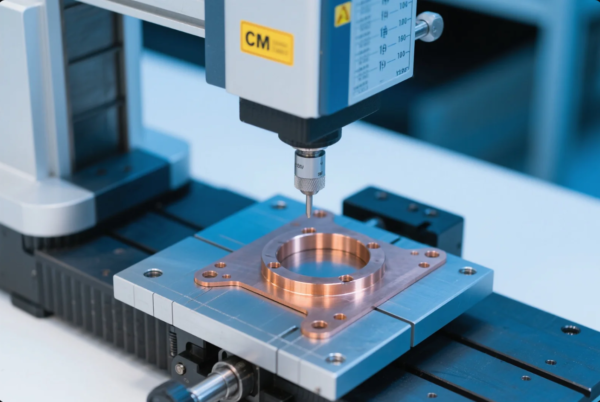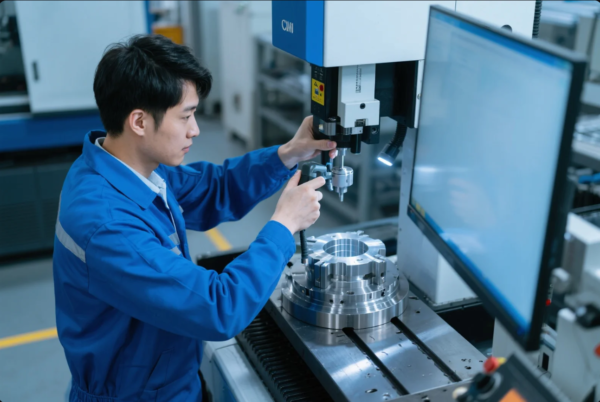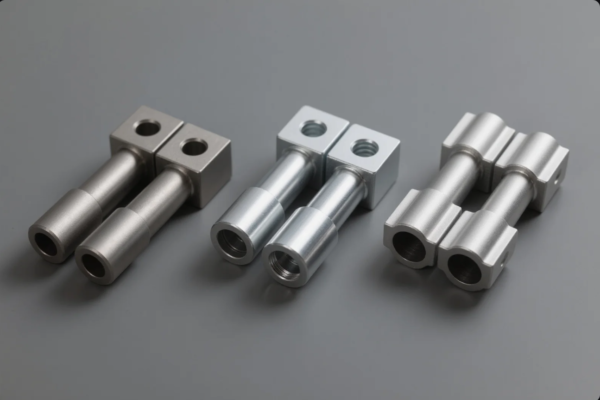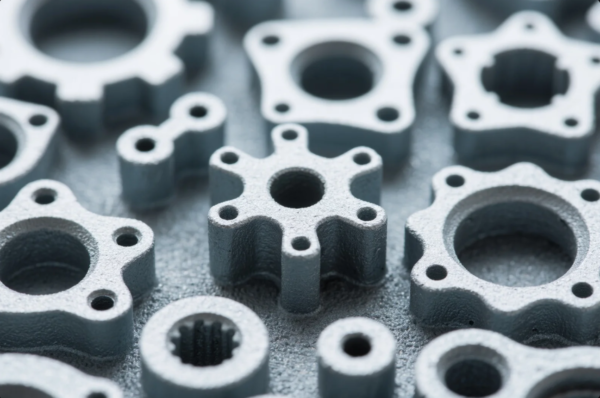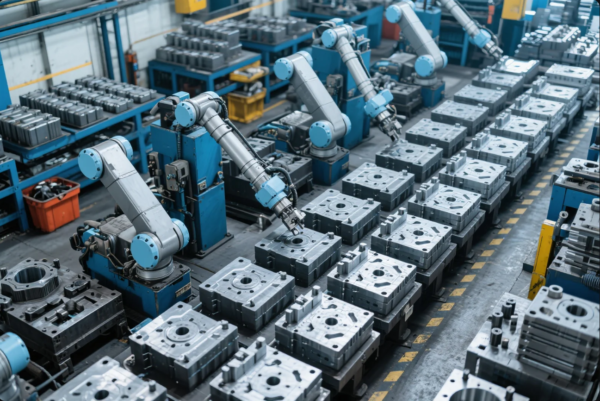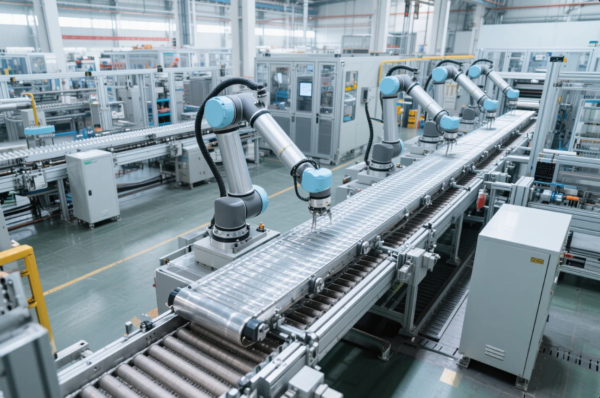Why Do Welders Have Bad Eyesight?
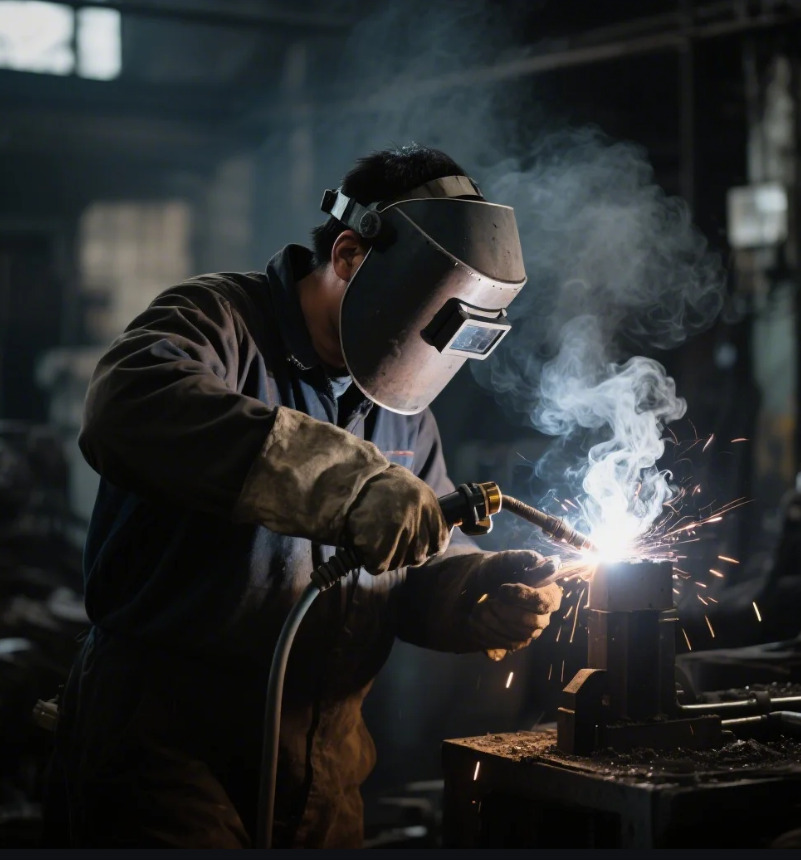
Welding is a highly skilled trade, but it comes with its own set of health risks—one of which is the potential damage to a welder’s eyesight. From intense light exposure to harmful UV radiation, welders are at a high risk for eye strain and vision problems. But why do welders experience bad eyesight, and how can they protect their eyes from long-term damage?
Snippet paragraph: Welders often experience eye issues due to prolonged exposure to bright light and UV radiation, which can lead to conditions like arc eye or other vision problems.
Transition paragraph: Let’s take a closer look at how welding affects your eyesight, whether it leads to blindness, and what steps can be taken to protect your eyes while working.
Does Welding Affect Your Eyesight?
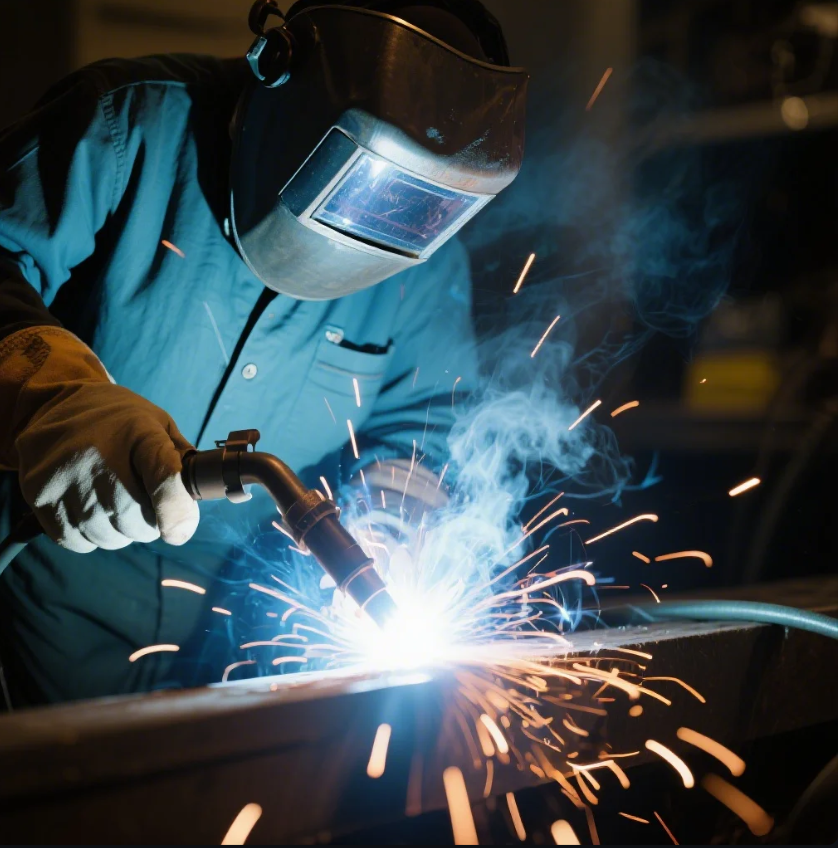
Welding, particularly with techniques that generate intense light such as arc welding, can have a significant impact on a welder’s eyesight. The bright light emitted from the welding arc, along with the harmful ultraviolet (UV) rays, can cause both immediate and long-term damage to the eyes.
How Welding Affects Vision:
- Arc Eye: One of the most common eye conditions among welders is arc eye (or flash burn), which occurs when the eyes are exposed to intense UV radiation from the welding arc. This condition is similar to a sunburn but affects the cornea and can cause redness, pain, and blurry vision.
- Cataracts and Retinal Damage: Prolonged exposure to UV light can increase the risk of cataracts and retinal damage, which can lead to long-term vision problems.
- Eye Strain: The constant squinting and focusing required while welding can cause eye fatigue, resulting in discomfort, dryness, and blurry vision.
| Eye Condition | Cause | Symptoms |
|---|---|---|
| Arc Eye | UV radiation from welding arc | Redness, pain, blurry vision |
| Cataracts | Long-term UV exposure | Cloudy vision, glare sensitivity |
| Retinal Damage | Prolonged UV exposure | Loss of central vision |
| Eye Strain | Constant focusing and squinting during welding | Dryness, fatigue, blurred vision |
These conditions can be painful and may affect a welder’s ability to perform tasks safely and effectively.
Do Welders Go Blind Over Time?
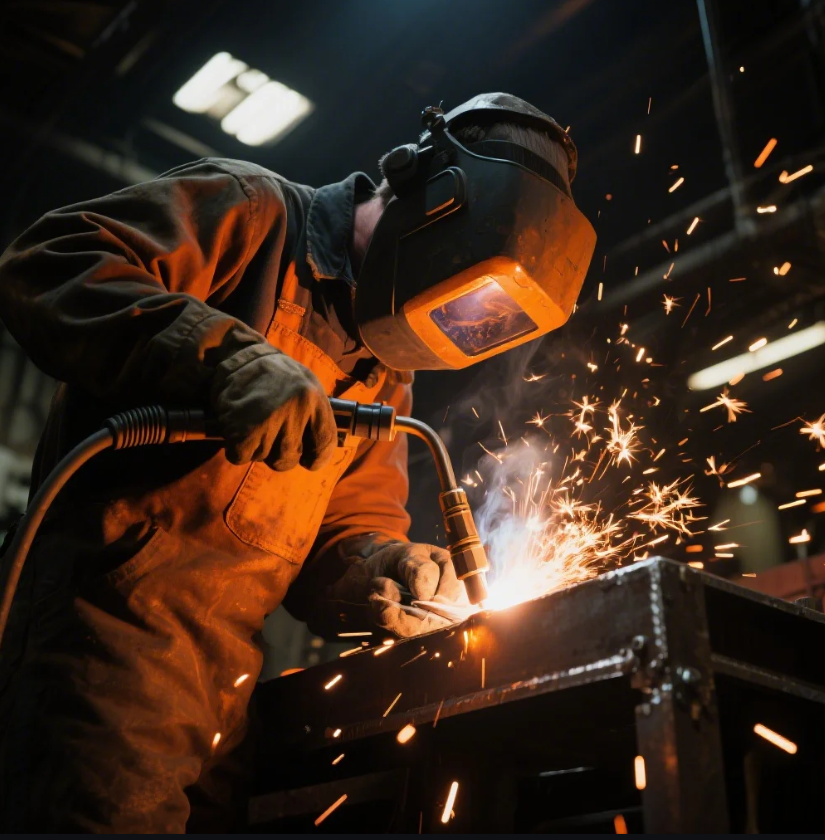
While welding itself doesn’t directly cause blindness, long-term exposure to UV radiation and the harmful effects of flash burns can contribute to vision loss over time if proper protection isn’t used.
Risks of Blindness for Welders:
- Cumulative Damage: Continuous exposure to UV radiation, especially without proper eye protection, can lead to irreversible eye damage. Over time, this increases the risk of developing conditions like cataracts and macular degeneration, both of which can impair vision permanently.
- Flash Burns: Repeated incidents of arc eye can cause long-term scarring to the cornea, leading to chronic vision problems if left untreated.
However, with proper protective measures like welding helmets with UV filters, most welders can avoid going blind or suffering from severe eye damage.
| Risk Factor | Result |
|---|---|
| UV Radiation | Long-term exposure can lead to cataracts and retinal damage. |
| Arc Eye/Flash Burn | Can cause scarring on the cornea, leading to vision problems. |
| Lack of Protection | Increases the likelihood of long-term vision issues. |
Proper eye care and safety equipment are key to preventing long-term damage.
Do You Need Good Eyesight to Be a Welder?
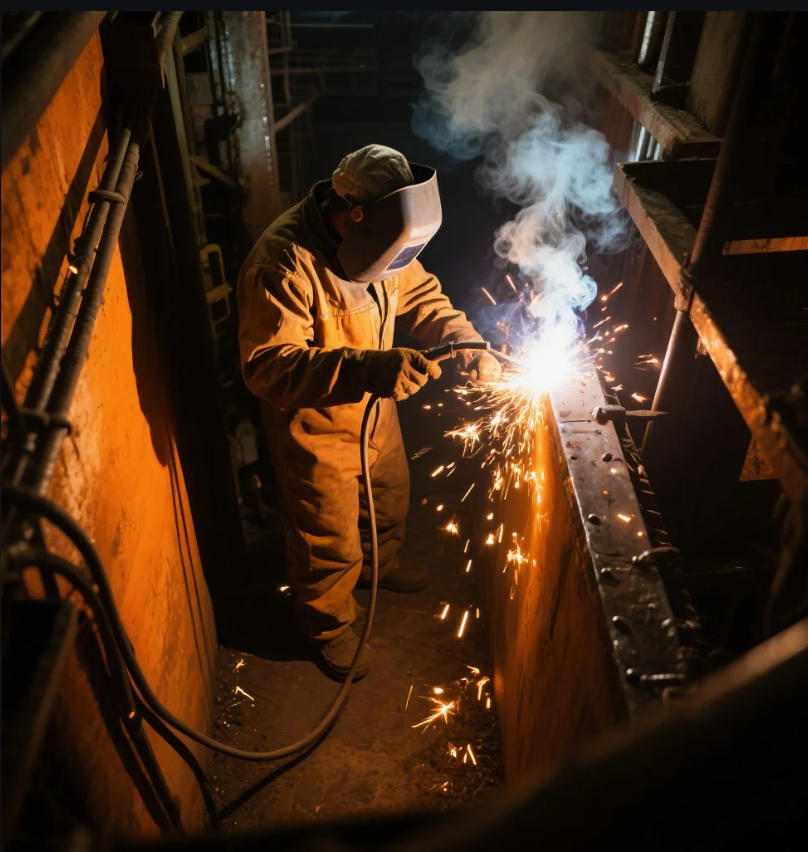
While good eyesight is important for any profession, it’s especially critical in welding. Welders need to be able to see fine details, work with precision, and adjust their focus quickly to create strong, clean welds. Poor eyesight can make it difficult to see what you’re doing, leading to mistakes, inefficient work, and even accidents.
Why Good Eyesight Matters for Welders:
- Precision Work: Welding requires a steady hand and attention to detail. If you cannot see clearly, it becomes more difficult to achieve high-quality welds and follow safety procedures.
- Safety: Poor vision can increase the risk of accidents, as welders need to be able to see their surroundings, avoid hot surfaces, and avoid hazards like flying sparks.
- Readability: Welders need to read blueprints, measurements, and equipment settings, making clear vision essential for precise work.
While minor vision problems can be compensated for with corrective lenses, severe eyesight issues might require a change in profession or specialized adjustments to work environments.
| Reason to Have Good Eyesight | Importance for Welders |
|---|---|
| Precision | Essential for creating strong, clean welds. |
| Safety | Helps prevent accidents and injuries. |
| Readability | Necessary for reading measurements and blueprints. |
If you struggle with vision issues, using proper protective equipment, and wearing corrective lenses can help mitigate the impact.
How to Protect Your Eyes as a Welder?
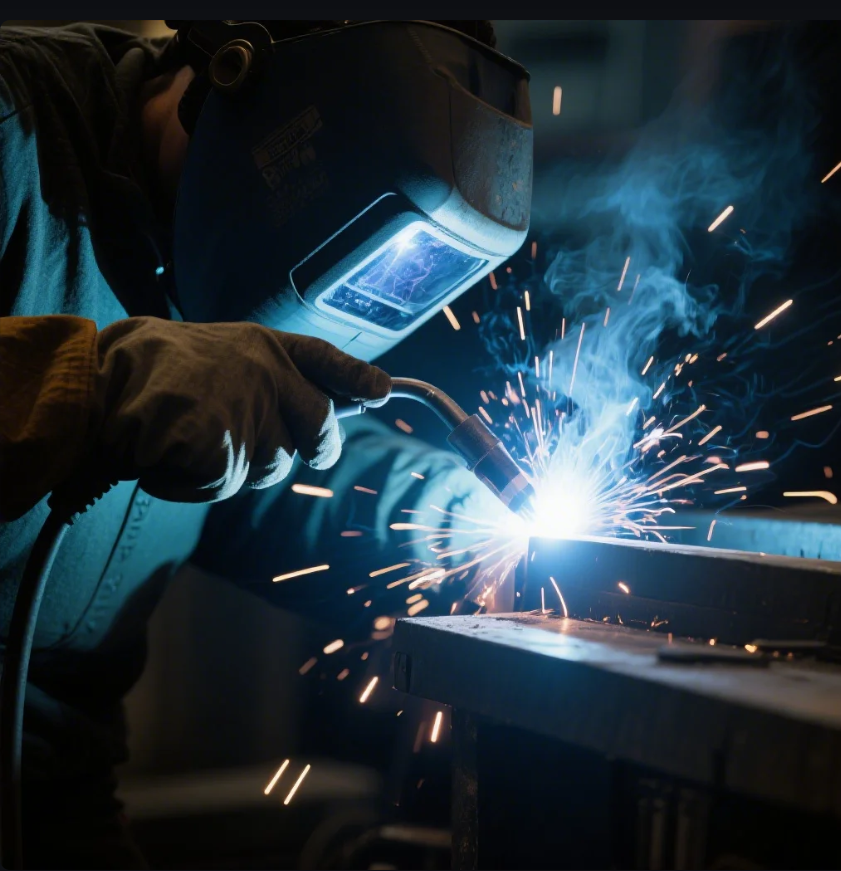
To protect their eyes, welders must use the appropriate eye protection and follow best practices to minimize the risks associated with welding.
Tips for Eye Protection:
- Welding Helmets: Always wear a welding helmet with an auto-darkening lens or a UV filter. These helmets are designed to block out harmful UV and infrared rays, protecting the eyes from flash burns and long-term damage.
- Safety Glasses: When not welding, wear safety glasses that provide UV protection, especially when grinding or performing other tasks around bright lights.
- Take Breaks: Avoid long hours of continuous welding without breaks. Give your eyes time to rest and recover from strain and fatigue.
- Regular Eye Exams: Get your eyes checked regularly by an optometrist to ensure that no damage is being done over time.
| Eye Protection | Function |
|---|---|
| Welding Helmet | Protects eyes from UV radiation, flash burns, and sparks. |
| Safety Glasses | Provides additional UV protection when not welding. |
| Regular Breaks | Reduces eye strain and fatigue. |
| Eye Exams | Ensures any eye damage is caught early. |
By taking these precautions, welders can significantly reduce the risk of eye damage and ensure their vision stays intact for years to come.
Conclusion
Welders often suffer from vision issues due to the harmful UV radiation, intense light, and other risks associated with their profession. Conditions like arc eye and prolonged exposure to UV radiation can lead to vision problems, but with the right protective gear, such as welding helmets with UV filters and regular eye exams, these risks can be minimized. If you’re a welder, it’s essential to prioritize eye protection to keep your vision healthy and prevent long-term damage.
For expert advice on welding safety equipment and eye protection, Prime is here to help. Contact us today to get top-quality products and ensure your safety on the job.

